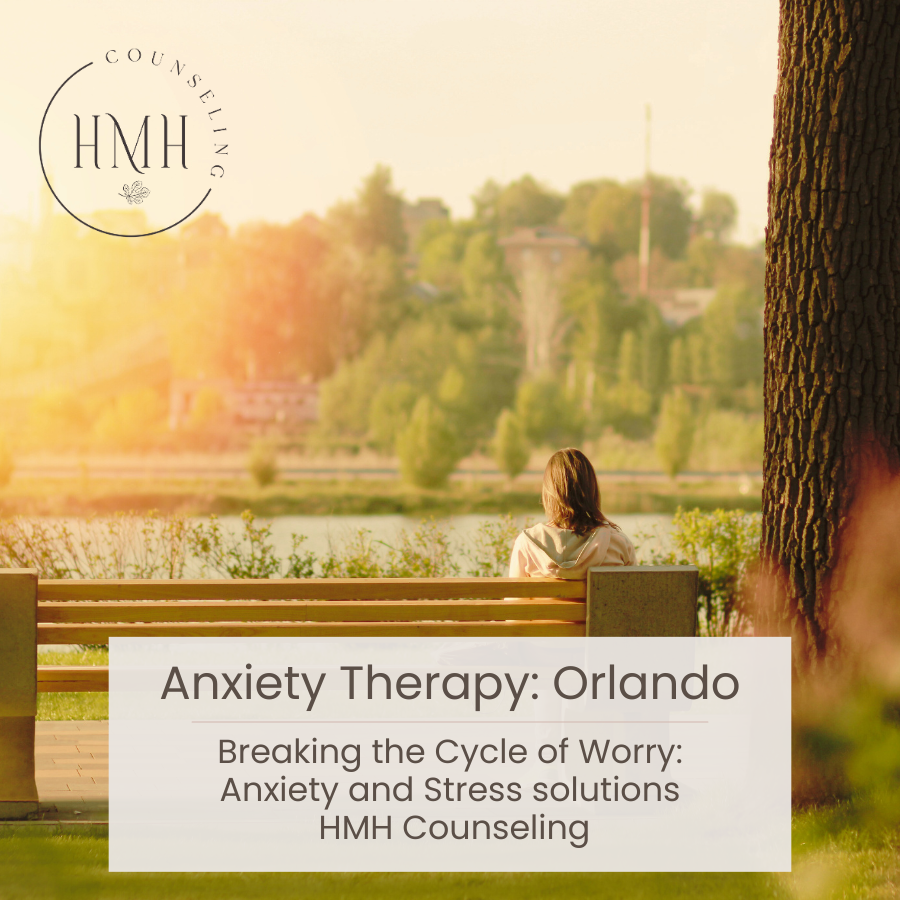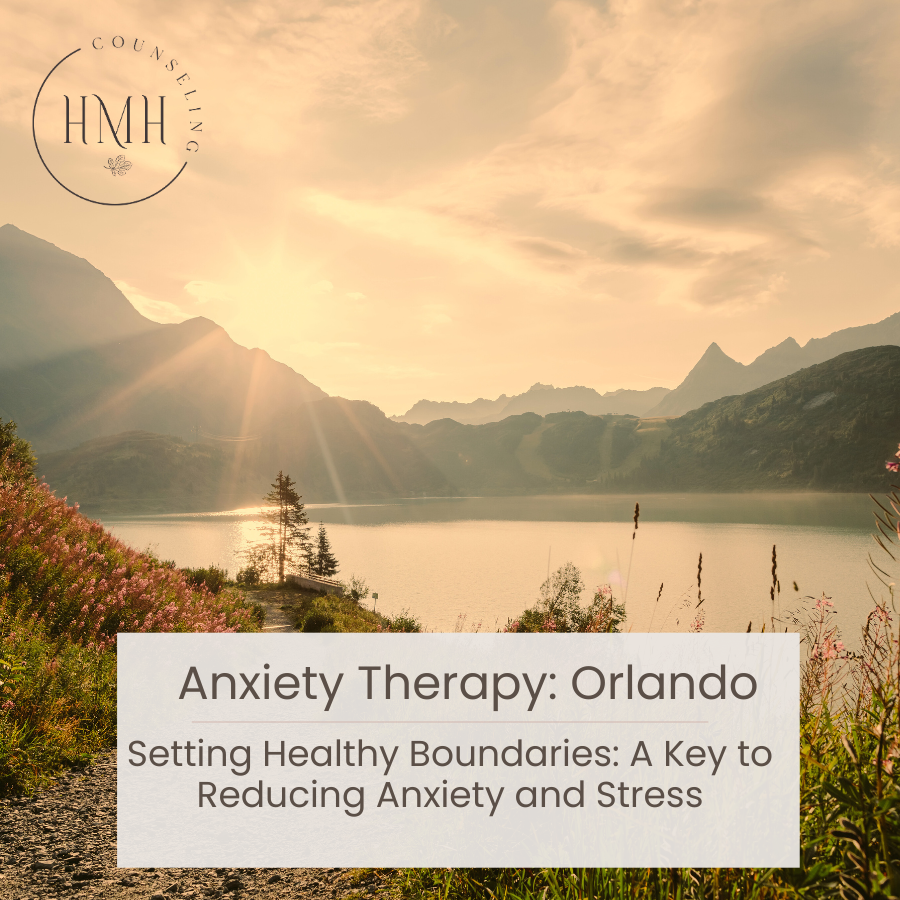Anxiety Therapy Orlando: Breaking the Cycle of Worry: Anxiety and Stress solutions
Breaking the Cycle of Worry: Anxiety and Stress solutions| HMH Counseling March 1 • Written by: Jennifer Sierra, LMHC Do […]
Anxiety Therapy Orlando: Breaking the Cycle of Worry: Anxiety and Stress solutions Read Post »






